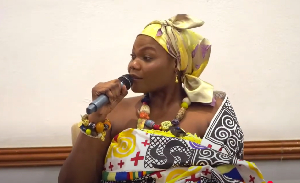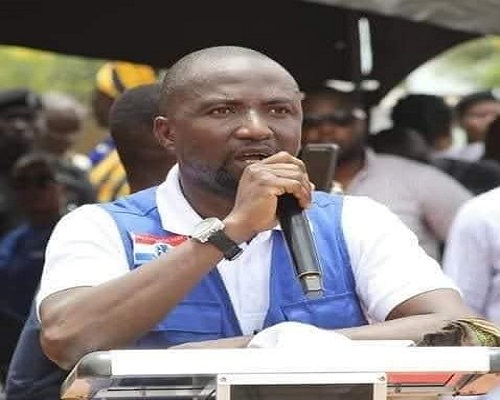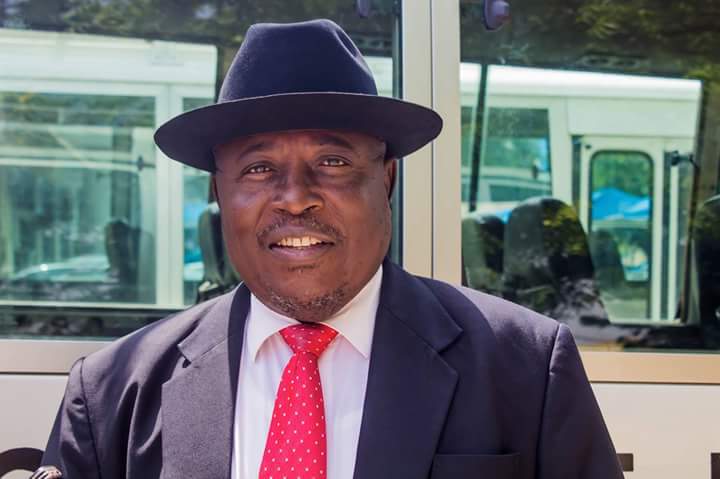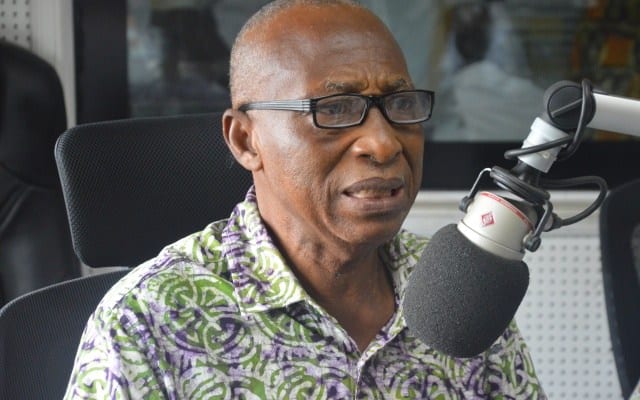Judge demands inclusion of women in House of Chiefs

Speaking during a panel discussion at a national dialogue on the implementation of Ghana’s Affirmative Action Act held in Accra on Tuesday, June 24, Mama Bobi III lamented the longstanding exclusion of queenmothers from meaningful participation in traditional governance.
“For the past three years that I have been a queenmother, what I see is disheartening. Chiefs and the people do not see queenmothers as chiefs enough. They believe we are only complementary objects of beautification,” she said.
She highlighted the fact that no woman currently holds a seat in the National House of Chiefs, the Regional Houses of Chiefs, or traditional councils—a situation she described as discriminatory and deeply rooted in outdated cultural norms.
“Even when a paramount chief is absent, the paramount queenmother is overlooked in favour of a divisional chief. They do not see the paramount queenmother as equal; they would rather choose a divisional chief and rate him higher—and that is a problem.”
Mama Bobi III warned that achieving equal representation in Parliament and national institutions will remain elusive if entrenched cultural attitudes are not challenged.
“We need to get to a point where, when you put a man and a woman together, the focus will be on competence—not on whether she is married, has a child, or is pretty,” she stressed.
Her call came as the Ministry of Gender, Children and Social Protection announced that work is underway to establish the Gender Equity Committee, a key body mandated by the Affirmative Action (Gender Equity) Act, 2024, to oversee implementation across the country.
A representative of the ministry, speaking on behalf of Gender Minister Dr. Agnes Naa Momo Lartey, confirmed that a list of nominees for the committee has been submitted to the Office of the President for approval.
“The Ministry has started putting the necessary measures in place to constitute the Gender Equity Committee to guide and oversee the implementation of key provisions of the law,” the spokesperson said.
A proposed strategic plan for the Committee’s Secretariat has also been submitted to the Ministry of Finance for funding, while consultations have begun with the Attorney General’s Office to draft a Legislative Instrument (LI) to support enforcement of the Act.
The Affirmative Action Act, passed in July 2024 and assented to by the President in September, aims to increase women’s participation in leadership to 30% by 2026 and 50% by 2034, in alignment with Sustainable Development Goal 5.
Despite these efforts, legal expert and Convener of the Affirmative Action Law Coalition, Lawyer Sheila Minkah-Premo, has called for amendments to the law to include clear sanctions for non-compliance, especially among political parties.
Speaking at the same national dialogue, Minkah-Premo argued that the current law lacks teeth in critical areas, particularly Section 20, which only “encourages” political parties to meet gender targets without any legal consequences for failing to do so.
“There are some parts of the law which are not so strong. Section 20, for instance, only encourages political parties to align with the targets of the law. But there are no punishments or sanctions if they don’t comply,” she explained.
She also advocated for constitutional amendments, particularly to Articles 93 and 94 of the 1992 Constitution, to allow enforceable gender quotas.
“In some countries, the percentage of women representation is clearly stated in their constitution. Once that is done, the law can be amended to make it tougher to ensure compliance,” she added.
The national dialogue, organised by the Centre for Democratic Development (CDD-Ghana) in partnership with Abantu for Development and the Global Centre for Pluralism, brought together civil society leaders, traditional authorities, and policymakers to strategise on how best to operationalise the Affirmative Action law.





